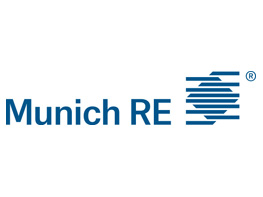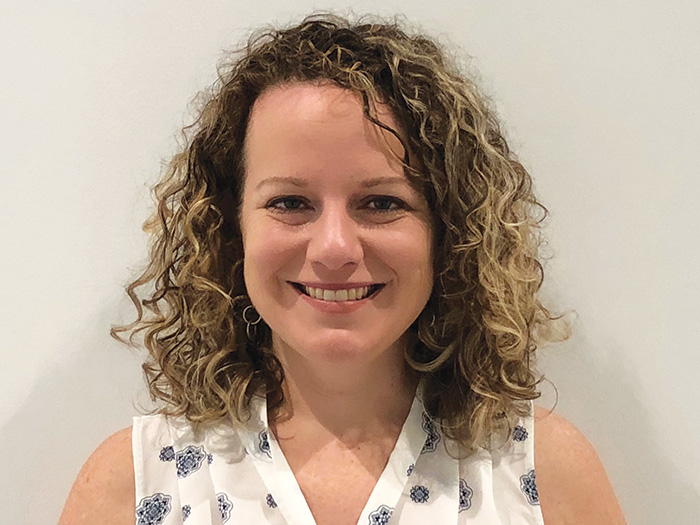Healing from Within: The Transformative Power of Nutritional Psychology in Workers’ Comp
Part 1 of this two-part series explored the prevalence of mental health issues and their connection to the gut microbiome.
We now know that diet and mental health are inextricably linked. Good dietary choices lead to improved mental health, and medication and psychotherapy are unlikely to stem the tide of mental health issues in our society until and unless more people move away from the Western diet — known as the standard American diet (SAD).
The acronym is quite appropriate, as the SAD is full of highly processed, pesticide-sprayed, high-glycemic, low-fiber, hormone-laden, and artificially colored and sweetened addictive foods, sugary drinks and snacks. These low-quality foods negatively affect the brain and mental health of the people who consume them, including employees being treated for work-related injuries.
Adding food to the turmoil already present in the gut while in a negative emotional state can worsen the situation.
Our Second Brain
The nervous system in the gut has between 100 million and 500 million neurons, the largest collection of nerve cells in the body. That is why the gut is sometimes called “the second brain,” and why the gut and brain influence each other so profoundly. While our brain-based emotional circuitry is present at birth, the full development of emotions and gut reactions is a lifelong process.
Chemicals produced by the gut reach the brain (and vice versa). In fact, serotonin — a key chemical deficient in the brains of depressed and anxious people — plays a major role in regulating the gut-brain axis, the two-way communication between the body’s intestinal tract and brain.
When the brain and the gut communicate and work well together, our body responds to stress and other challenges effectively. But when the gut-brain connection is thrown into disarray, moods are upset, concentration is disrupted, immunity drops and the gut’s protective barrier is compromised. This chemical chaos can give rise to psychiatric symptoms that range from depression and anxiety to devastating conditions like schizophrenia and bipolar disorder.
Listening to Our Gut
The gut-brain connection is a fertile area of research in medical science. What we haven’t been discussing is that the food we eat can have just as profound an effect on our brains as the drugs we take. Some foods promote the growth of helpful bacteria, while others inhibit this.
A particularly important conversation we could (and should) have with injured employees is about their dietary choices while healing. What they eat affects their body’s healing, their resilience and their mental wellbeing.
In his book “The Mind-Gut Connection,” gastroenterologist Emeran Mayer, MD, suggested that by improving the gut microbiome, one can improve health. He recommended treating your microbiome like a farm and the microbiota like farm animals, feeding them in such a way as to optimize their diversity, stability and health.
Mayer also suggested that we listen to our gut; it has evolved an elaborate system to handle a vast variety of naturally grown vegetables, fruits, other plant-derived foods and smaller amounts of animal protein. However, our gut struggles to handle all the fat, sugar and additives found in processed foods. A diet that includes fermented foods and probiotics can help maintain microbial diversity, especially during times of stress, such as healing from a work injury.
Putting Nutrition and Mental Health at the Forefront
Ultimately, employees recovering from injury are responsible for their food choices. But as people who interact with them during this stressful time, we can help by educating them on the gut-brain connection and recommending good (or at least better) food options.
My suspicion is that with greater awareness, fewer injured employees would choose to promote inflammation and mental distress by starving the “good microbes” while feeding the “bad ones” with the SAD. It’s time to start having that conversation.
Perhaps we should even put our money behind what the science shows and consider funding better food choices in the workers’ compensation system just as we pay for prescription medications. Best of all — as far as I know — there is no food purchase that would make an injury “OSHA recordable.” &










